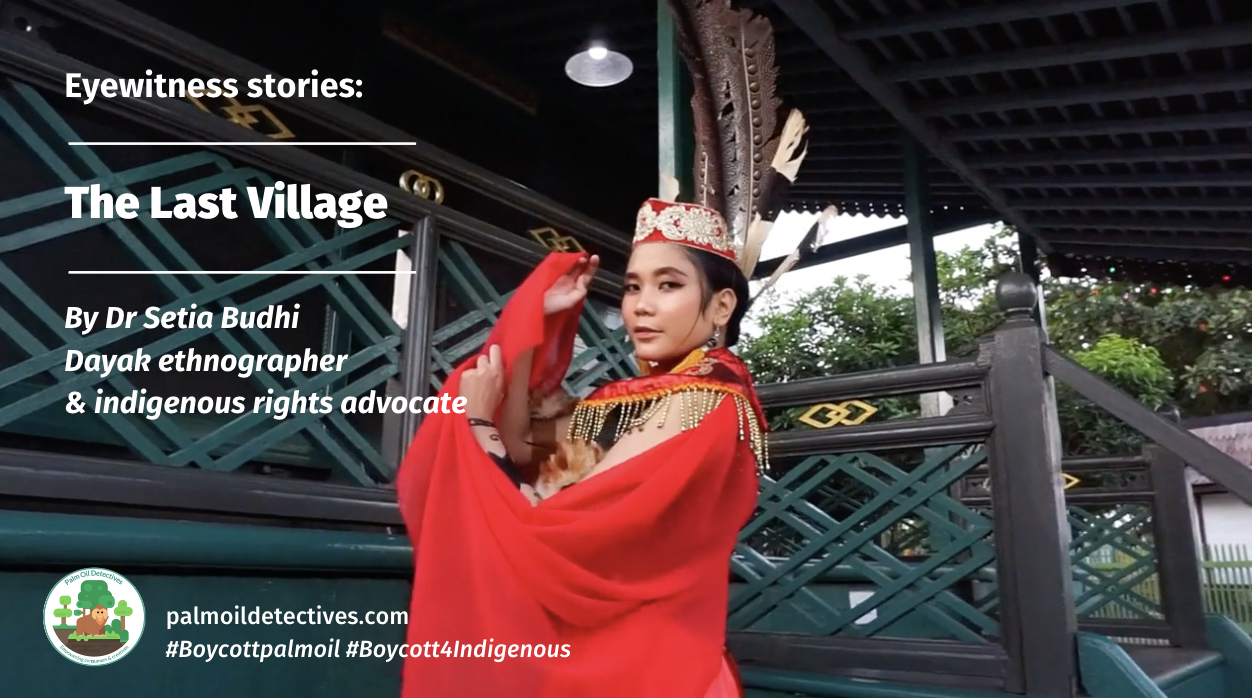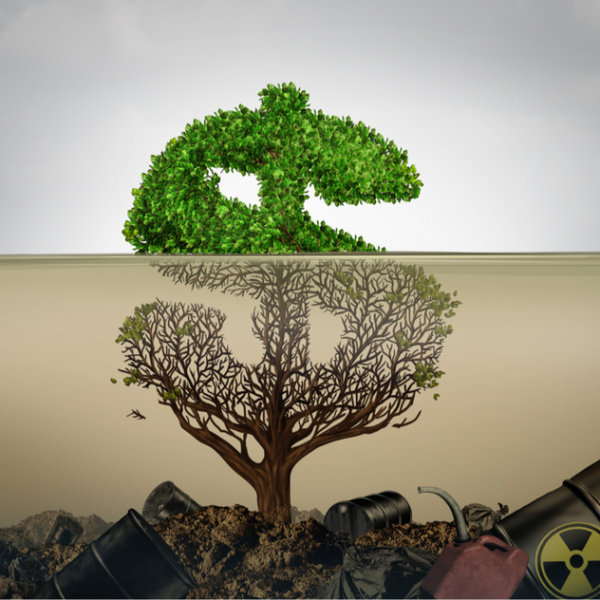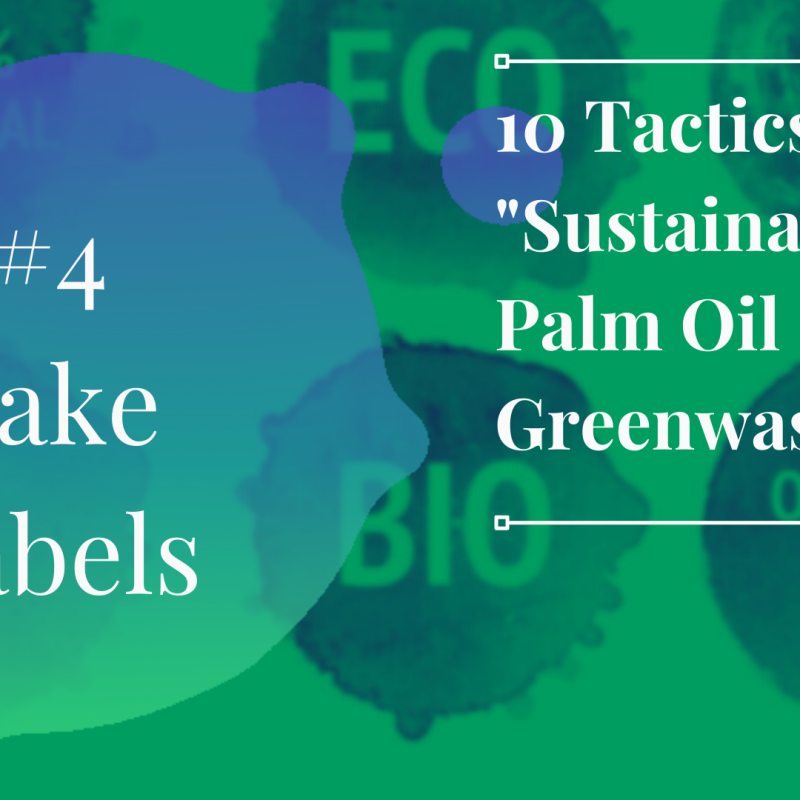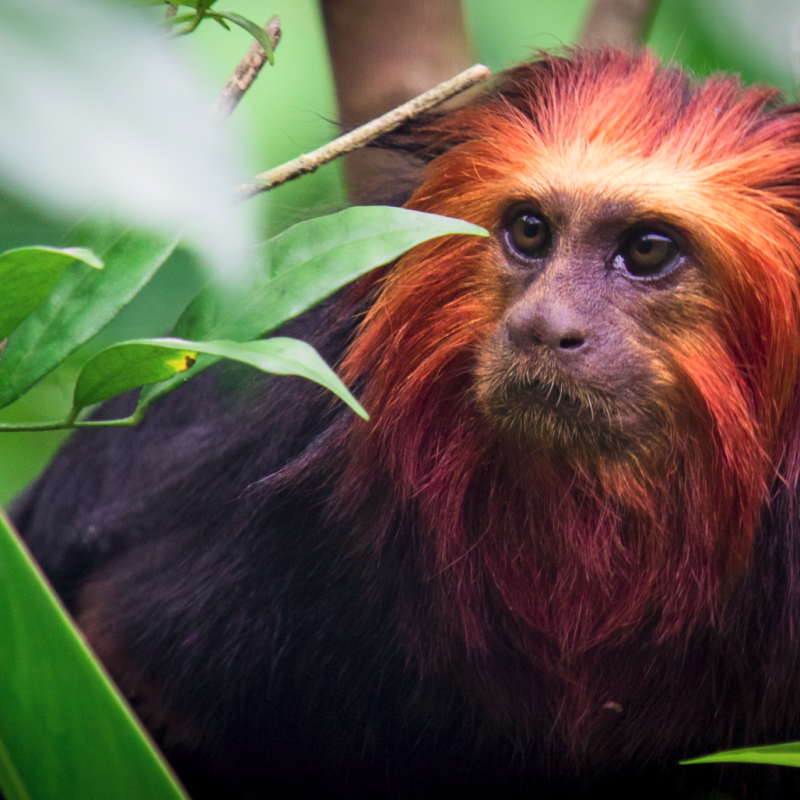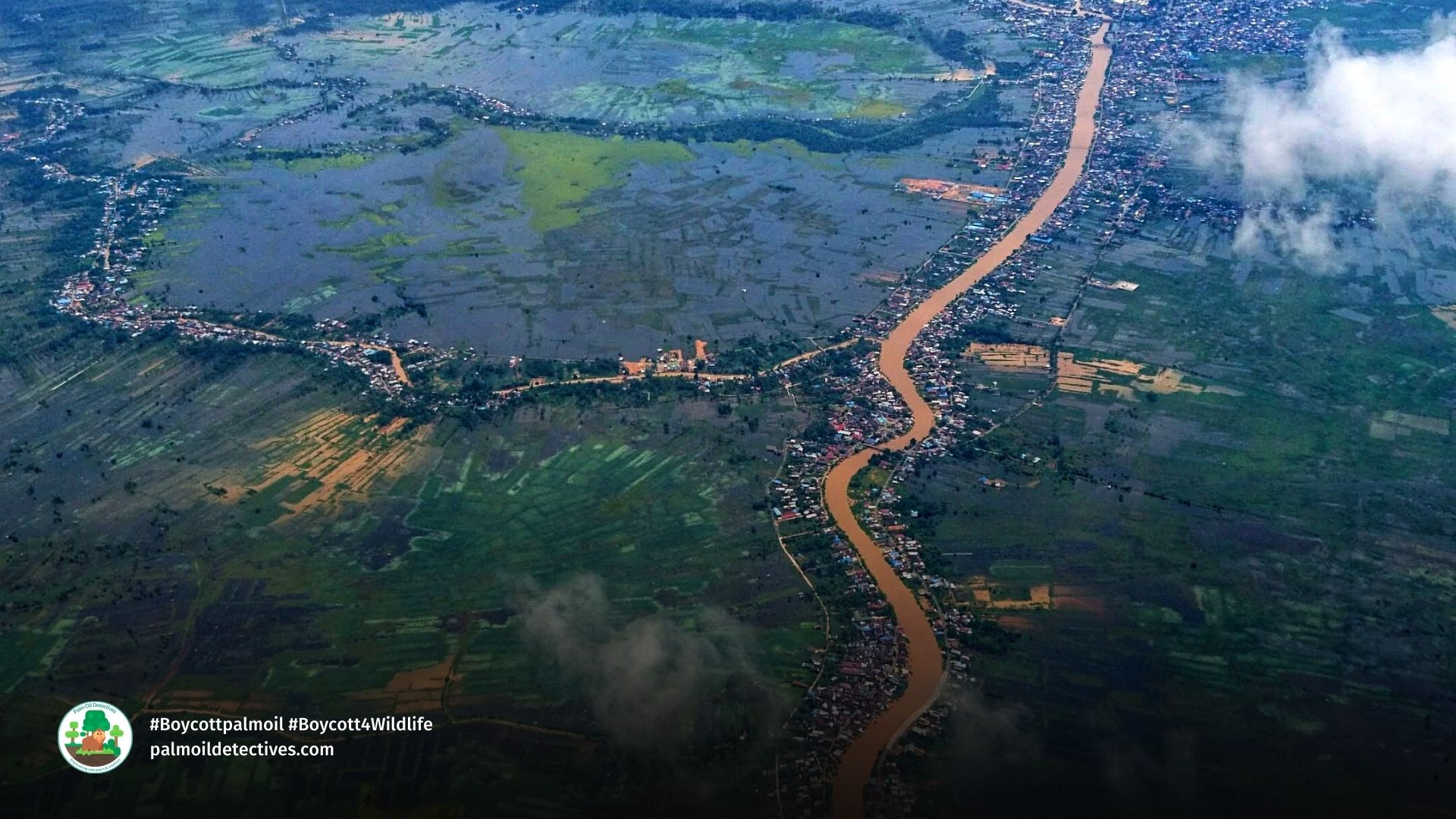
A lone Dayak village in Borneo surrounded by palm oil plantations has held out for 14 years and resisted
corporate infiltration by global palm oil giants. My name is Dr Setia Budhi, I am a Dayak ethnographer and human rights advocate. I visited this village recently to see how they were going.
Pictured: The Barito River, the largest river in South Kalimantan Borneo by Aditya Perdana, Getty Images
“#Dayaks DO NOT want their lands turned to #palmoil. 1. They depend on rainforests for food/weaving. 2. They don’t want their roaming area disturbed 3. They don’t want to lose their land.” @Setiabudhi18 #Boycottpalmoil
Tweet
“In #Indonesia and #Malaysia’s media, people can’t distinguish #fact from #fiction on #palmoil. A positive narrative about Dayaks and #palmoil is #greenwashing. This is NOT the lived reality for #Dayak people” ~ @Setiabudhi18 #Boycottpalmoil
Tweet

Recently, I stayed a Ngaju Dayak village for 15 days
During my visit I wrote a lot, chatted with villagers and visited palm oil farmers.
This remote village is 125 km from downtown Banjarmasin. It’s a distance of about two hours by motorbike to arrive in a neighboring village and from then there, three hours by boat.
Located on the banks of the Barito river, the people who live here are the Ngaju Dayak.
Pictured: Dayak long house in Kalimantan, PxFuel.
The first time I visited this village was 14 years ago in 2008
Since then, I’ve always followed its development by reading the news. Especially interesting is the development that the villagers have refused the presence of palm oil plantations. They have refused to give up their lands to global corporate palm oil companies.
Fourteen years ago, I thought that this village would eventually be besieged by the expansion of oil palm plantations. My suspicions were based on what happened in neighbouring villages. They had given up and accepted the omnipresence of palm oil. Many residents sold their land to the plantations.
In these other towns, some residents work with palm oil companies in a cooperative way. Their land is planted with palm oil and they, as owners, work for the company for wages. Their activities include land-clearing, planting palm oil, along with fertilising and liming the soil.
So these people work on their own land. At that time, their daily wages are around 50,000 rupiahs ($3.30 USD) per day.
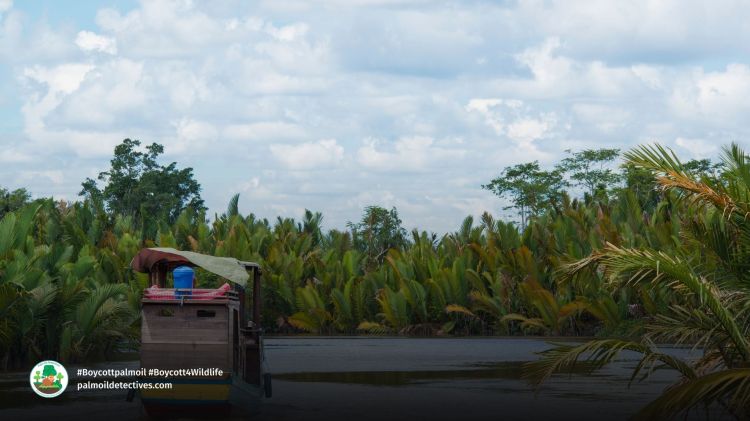
There are three reasons why the villagers do not want their ancestral lands to become a palm oil plantation:
1. They depend on the rainforest and peatlands for natural resources such as fisheries, agriculture and rattan weaving.
2. They don’t want their roaming area to be disturbed.
3. They don’t want to lose their land.
By roaming area‟ you probably think of a suburban area near you. For Dayaks, their roaming area is vastly different.
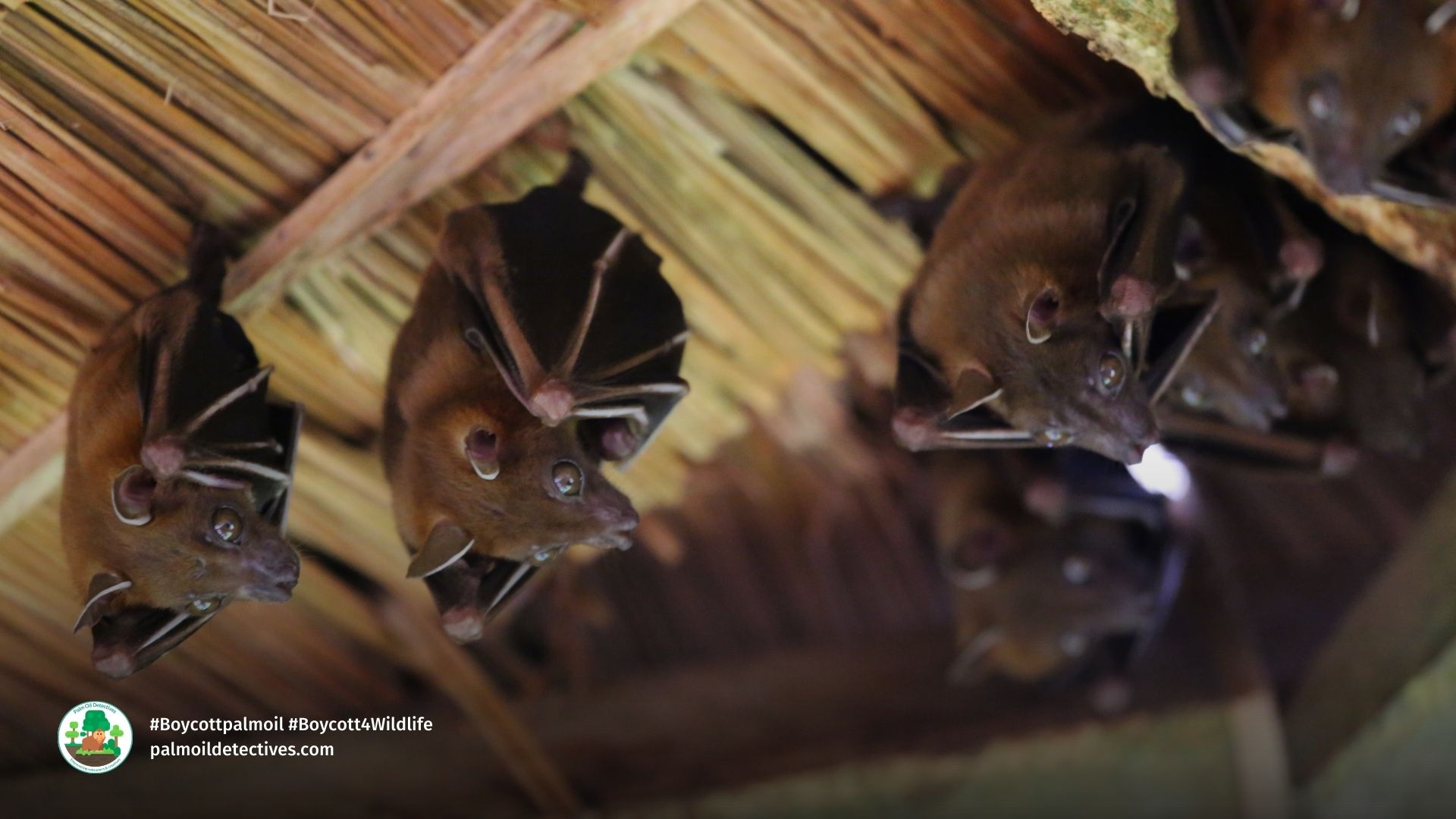
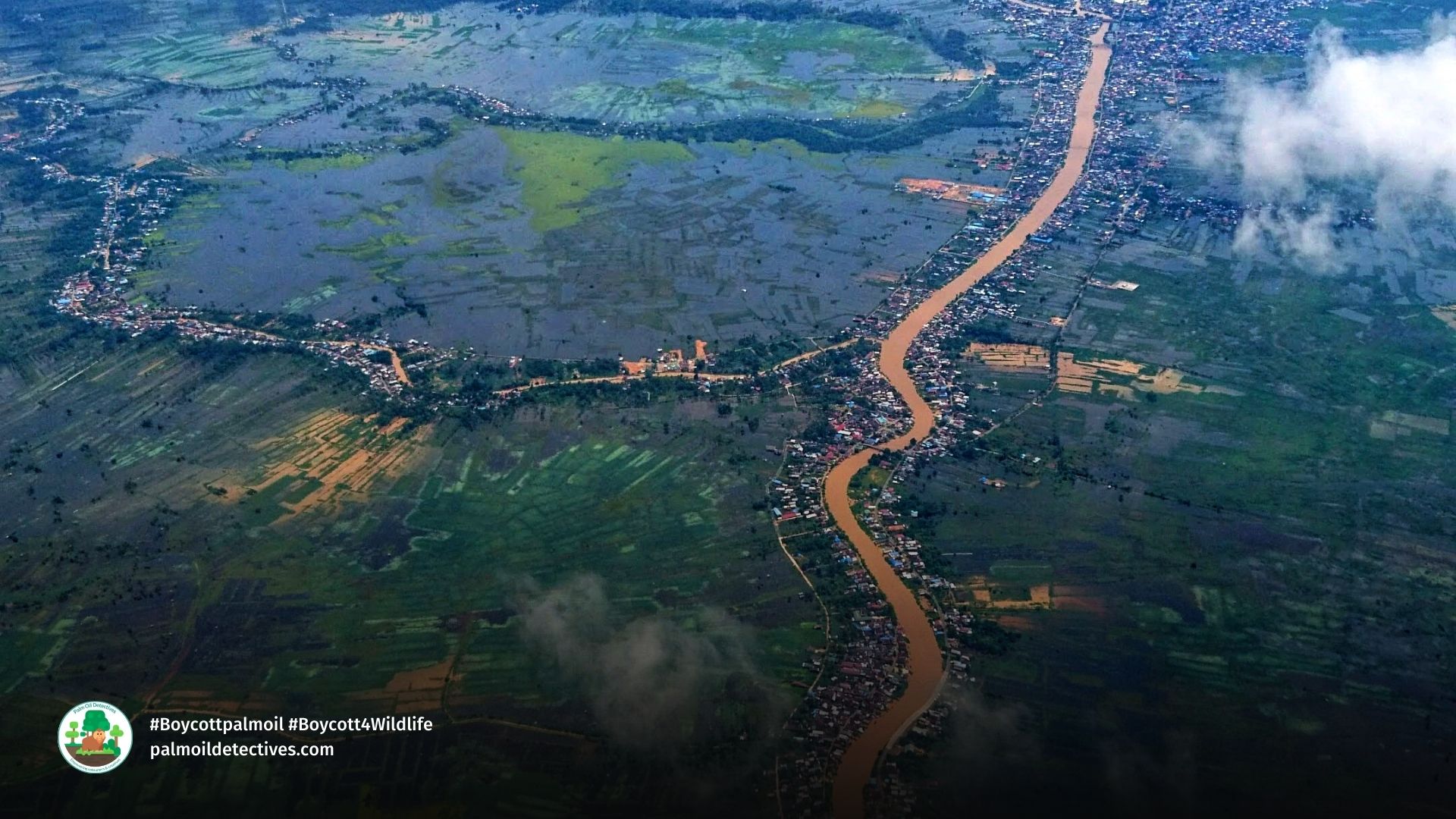

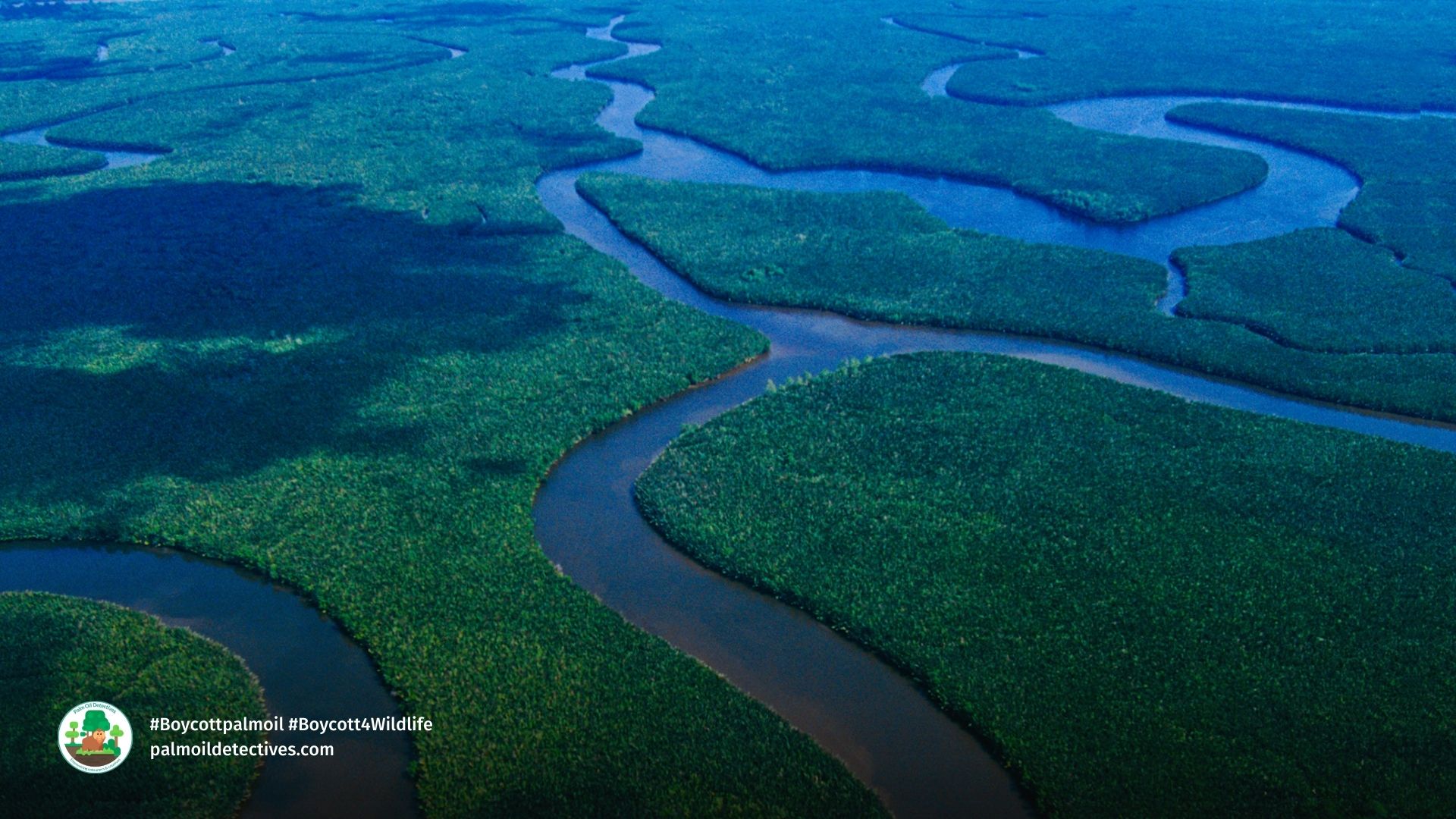
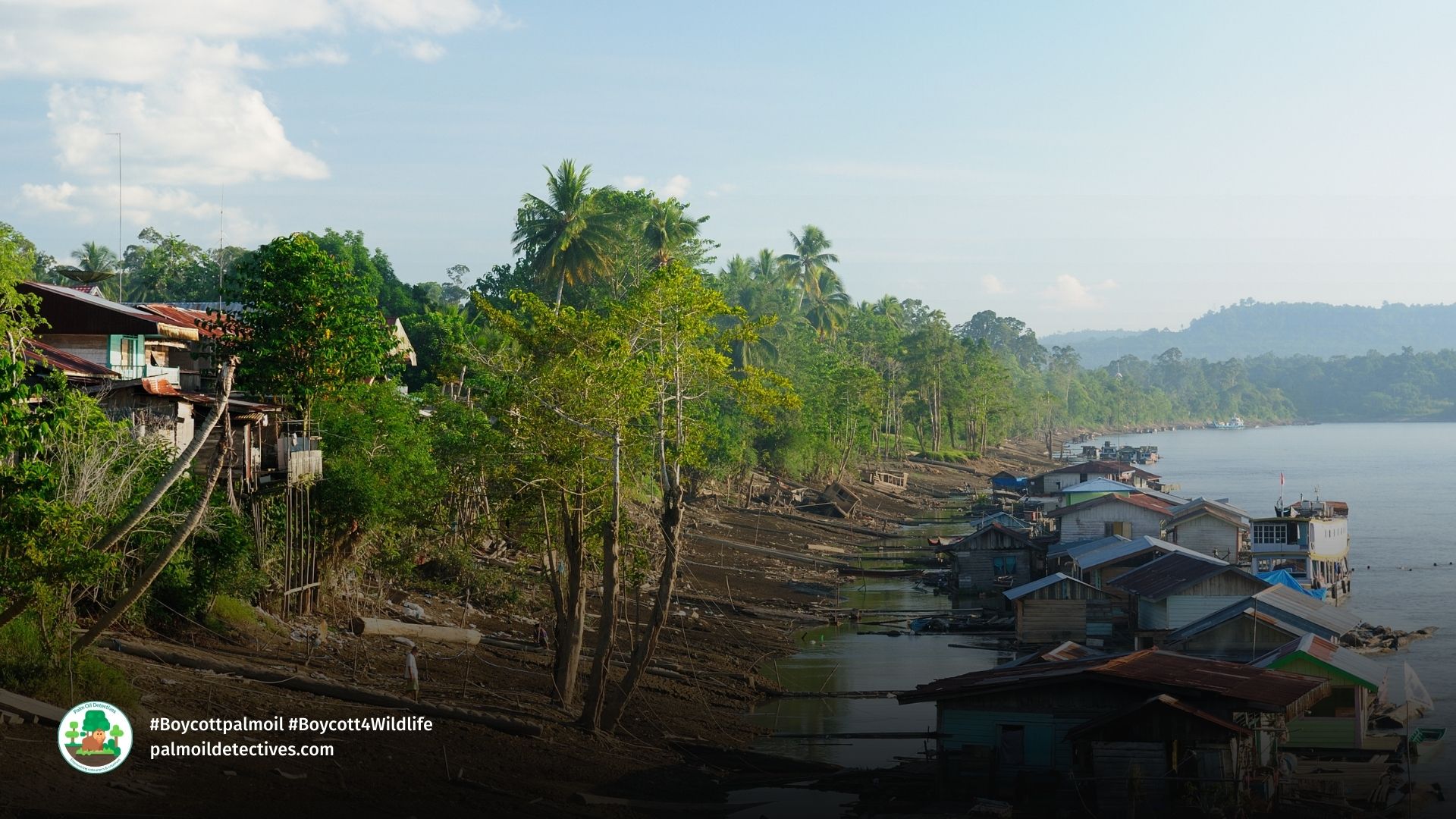
Clockwise: The Barito River: The largest river in South Kalimantan Borneo by Aditya Perdana Getty Images; Wooden Dayak village – Long Iram on the riverbank Mahakam river East Kalimantan, Indonesia. Getty Images; Nature in Annah Rais Sarawak, Malaysia by Nyiragongo Getty Images; Barito River -The largest river in South Kalimantan, Indonesia by Aditya Perdana Getty Images; Borneo’s spectacular rivers and rainforests; Getty Images; A group of beautiful Dayak Fruit Bats Dyacopterus spadiceus perched inside a hut at the Way Kambas National Park in Sumatra via Getty Images Signature collection.
The Dayak people need a roaming area for hunting, fishing and foraging for herbs, building materials and medicines
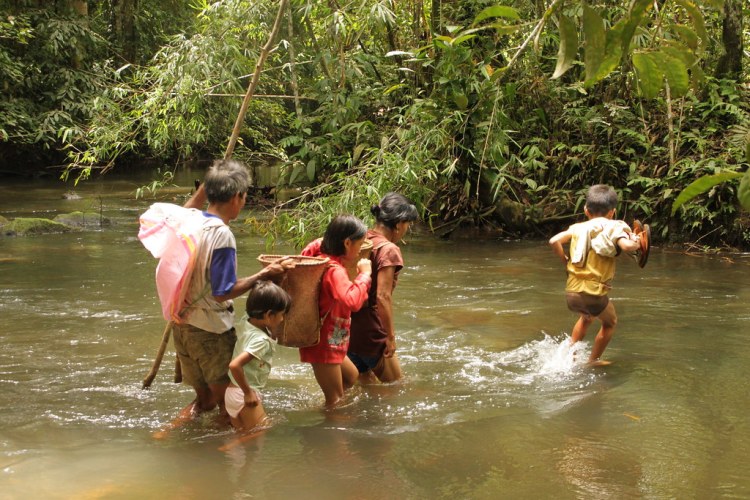
The palm oil industry is an unstoppable global corporate juggernaut that has become increasingly greedy for land in the past ten years.

When you hear about even a tiny piece of land that is about to be sold, global palm oil companies immediately and aggressively go after the land as buyers. They bargain and negotiate, driving the price down that they pay for the land – so the traditional landowners do not get paid what the land is really worth.
Pictured: Plasma Poverty, a joint investigation by Gecko Project and the BBC into major supermarket brands like Mondelez and Nestle (RSPO members) who are stripping smallholder farmers of their share of profit for palm oil.
To read the news in Indonesia and Malaysia is to read brazen lies and greenwashing about palm oil
Reading news about palm oil is an astonishing experience that will fill you with confusion and incredulity. Your newsfeed will be brimming with stories about the greatness of oil palm and the welfare of farmers.
Palm oil is considered “good” in a neoliberal sense of the financial and economic growth that it brings here as a country. Also palm oil is considered “good” as an environmentally-friendly and healthy ingredient for all to buy and consume.
There is a flood of greenwashing news across all media channels: TV, online media, and social media channels celebrating the virtues of this enormously destructive ingredient. This false narrative emphasises palm oil as a method of “care for the environment‟.
For this reason, nowadays I choose to distance myself from social media, as this content is dishonest about what palm oil is in reality.
Fake news and greenwashing example: Dayak indigenous palm oil smallholders

“Many of us grow rice, fruits and vegetables on our indigenous lands for survival and depend on the cash sales from oil palm fruits to buy what we cannot grow. Our oil palm trees empower us as indigenous peoples.”
‘Discrimination against palm oil is an injustice against indigenous people’, Borneo Today, 2018.
The reality of palm oil is vastly different for Dayak peoples
Reports carried out by news media in Borneo simulate the facts about the real events and the detrimental impact of palm oil on Dayak communities.
We as the audience must remain constantly vigilant and aware that this is bad news.
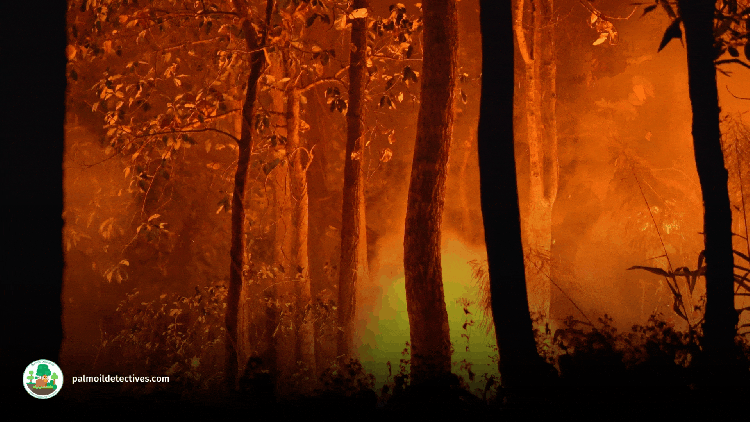
“An assistant manager came to my home. On that day my oldest son had fever. He said to my husband, “Your five hectares of land here is gone and two hectares here is gone. Go to the company and get your money.” My husband told them he doesn’t want to sell. Months later, while I was at my mother’s new house [in the plantation] and my husband was away in Malaysia, we heard a loud noise and could see smoke. I went to see, and it was crazy. My house was already burned. Everything was in there, my son’s bicycle, clothes, and all the wood we planned to build a house, all was gone.”
~ Francesca, a 28-year-old Iban Dayak mother of two, told Human Rights Watch about how she and her husband refused relocation. She said that company representatives torched her home, rendering them homeless. Story via Human Rights Watch
Pictured: Rainforest on fire, Getty Images

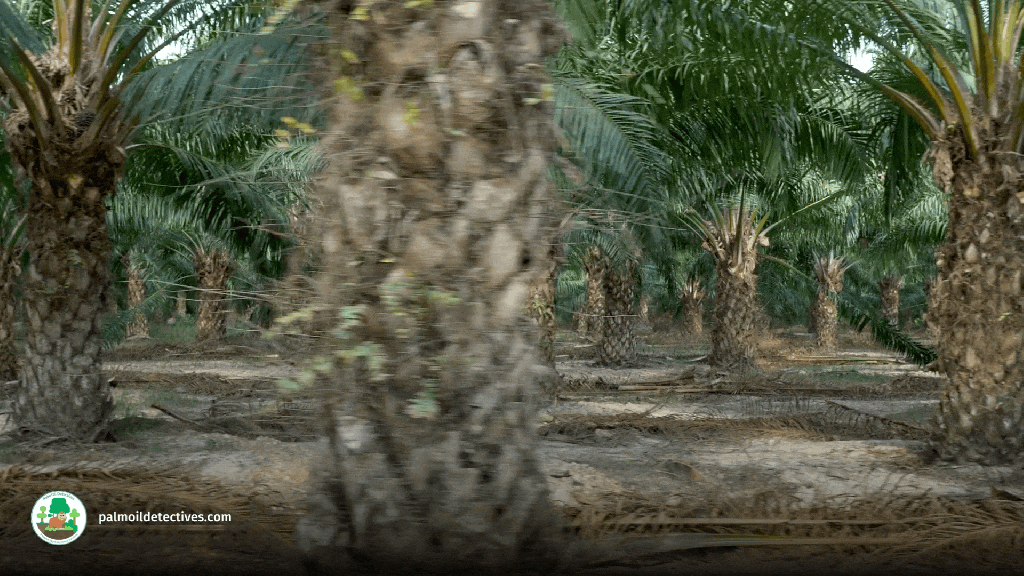
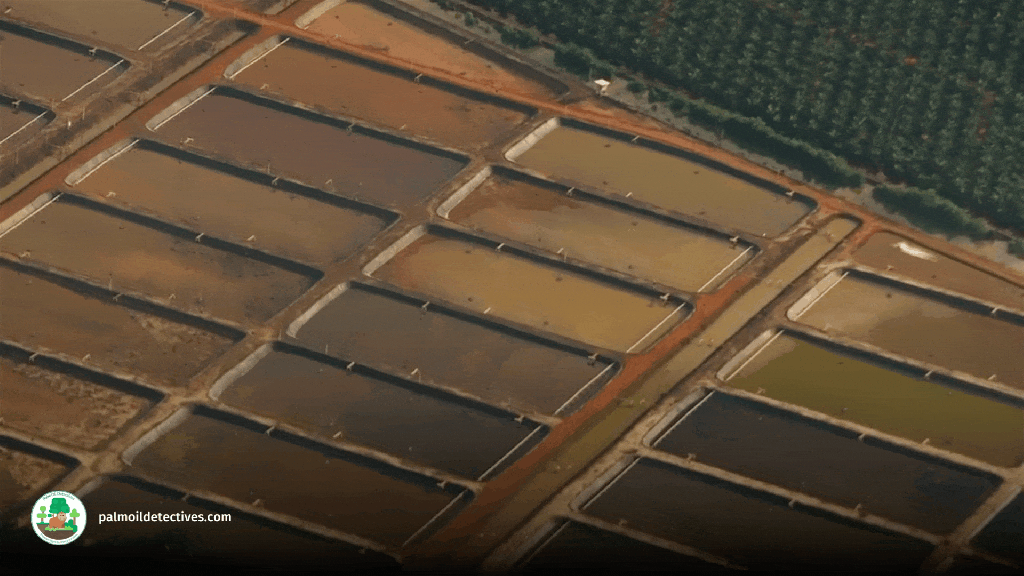
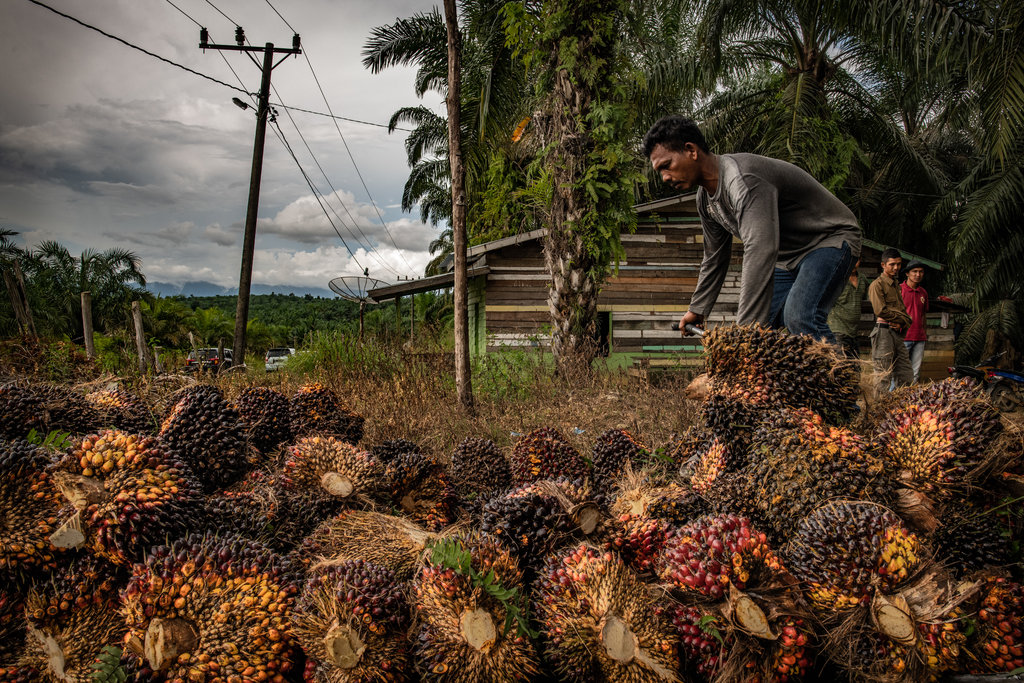
The difficulty of addressing and resolving oil palm conflicts is due not only to the inadequacies of Indonesia’s legal framework regarding land and plantations but also to the way in which Indonesia’s informalized state institutions foster collusion between local power holders and palm oil companies. This collusion enables companies to evade regulation, suppress community protests and avoid engaging in constructive efforts to resolve conflicts. Furthermore, this collusion has made the available conflict resolution mechanisms largely ineffective.
Anti-Corporate Activism and Collusion: The Contentious Politics of Palm Oil Expansion in Indonesia, (2022). Ward Berenschot, et. al., Geoforum, Volume 131, 2022, https://doi.org/10.1016/j.geoforum.2022.03.002
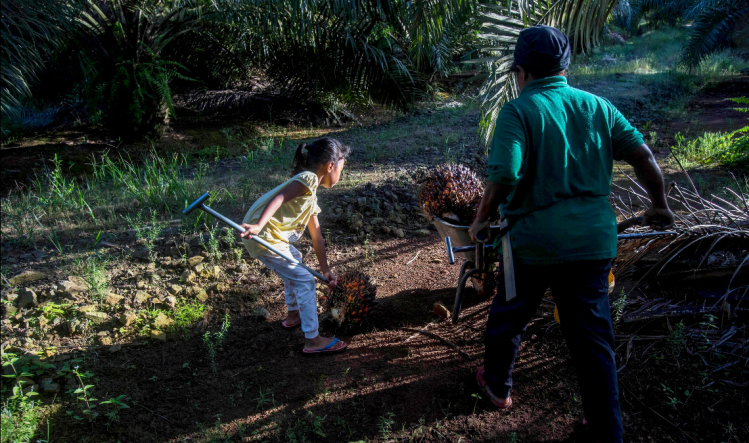
With the palm oil narrative in Indonesia – many people can no longer distinguish the real from the fake, the fact from the simulation
The media presents a seemingly diverse chorus of voices that all seem to be singing from the same songbook – all of them praising palm oil.
Interviews with field officers, researchers, seminar recordings, podcasts, PR and advertising campaigns are backed financially by the palm oil industry to glaze over and greenwash the immense environmental and social impact of palm oil.
Instead we are presented with a positive narrative about palm oil that offers improved living conditions for farmers. This is not the lived reality for Dayak people. We are told that palm oil is a lucrative crop that benefits the farmers. This is not the lived reality for Dayak people.
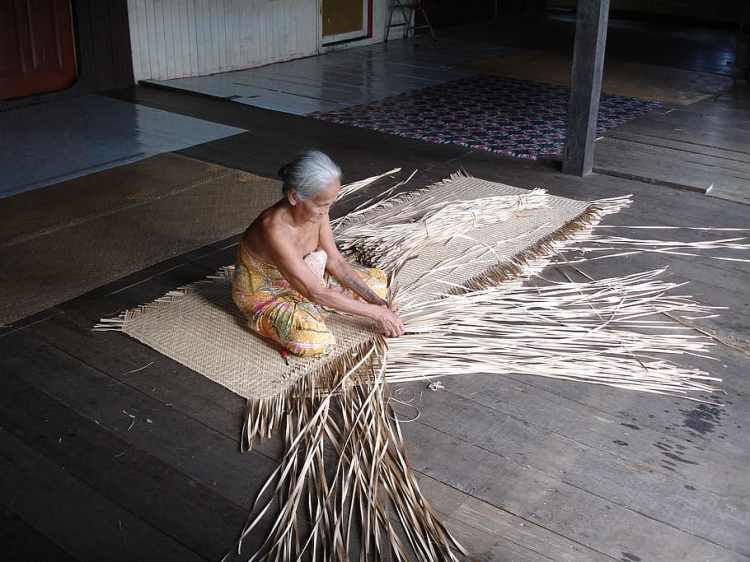
The greenwashing of palm oil deforestation intensifies as time goes on
News articles and reports talk about how this country is preparing to deal with climate change, so as not to damage forests and also to save forests from deforestation.
The news about child labour, child slavery and women working on oil palm plantations in horrific conditions gets little attention in media.
News about customary Dayak lands that are seized for palm oil illegally or by force is online only momentarily and quickly disappears. These violations human rights are rendered invisible by the media in here.
In our news hungry and busy world, most people don’t read beyond the headlines. The messy, corrupt and invisible world of massive land-clearing for palm oil goes on without the world knowing about it through the media. In the meantime, tropical rainforests of Indonesia and Malaysia are silently disappearing.
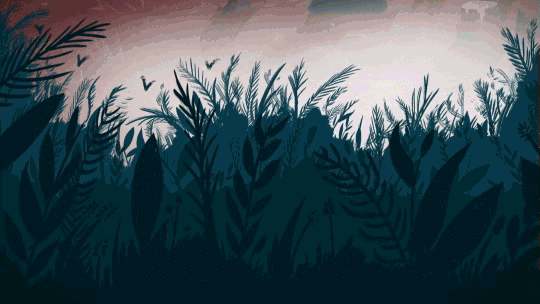
The current era of fake news was predicted by Jean Baudrillard several decades ago
When we can no longer distinguish the truth, the facts and the real from a news. This is Hyperreality.
“The real has died and been replaced by Simulation”
~ Jean Baudrillard.
This is what Jean Baudrillard called the era of Simulacra, Simulation, and Hyperreality. When the news plays with symbols, and the public who consume or read the news only see and know about the simulation, we are existing in Hyperreality, in a Simulacra.
People who consume the news only know the simulation/ hyperreality in a Simulacra – Jean Baudrillard
A Simulacra is a combination of values, facts, signs, images and codes. In this reality we no longer find references or representations except the simulacra itself.

Image, originally tweeted by lookcaitlin (@lookcaitlin) on September 17, 2022.
Greenwashing and denialism in the media about the environmental impact of palm oil
A recent report by the World Health Organisation (WHO) found that the palm oil industry used the same aggressive tactics for greenwashing akin to the tobacco and alcohol industries. Read more


Research studies of SE Asian media reporting on palm oil show a denialist and greenwashing narrative that is similar to climate change denialism i.e. climate change greenwashing.
“We found that media reporting of the denialist narrative is more prevalent than that of the peer-reviewed science consensus-view that palm oil plantations on tropical peat could cause excessive greenhouse gas emissions and enhance the risk of fires.
“Our article alerts to the continuation of unsustainable practices as justified by the media to the public, and that the prevalence of these denialist narratives constitute a significant obstacle in resolving pressing issues such as transboundary haze, biodiversity loss, and land-use change related greenhouse gas emissions in Southeast Asia.”
~ Liu, Felicia & Ganesan, Vignaa & Smith, Thomas. (2020). Contrasting communications of sustainability science in the media coverage of palm oil agriculture on tropical peatlands in Indonesia, Malaysia and Singapore. Environmental Science & Policy. 114. 162-169. 10.1016/j.envsci.2020.07.004.
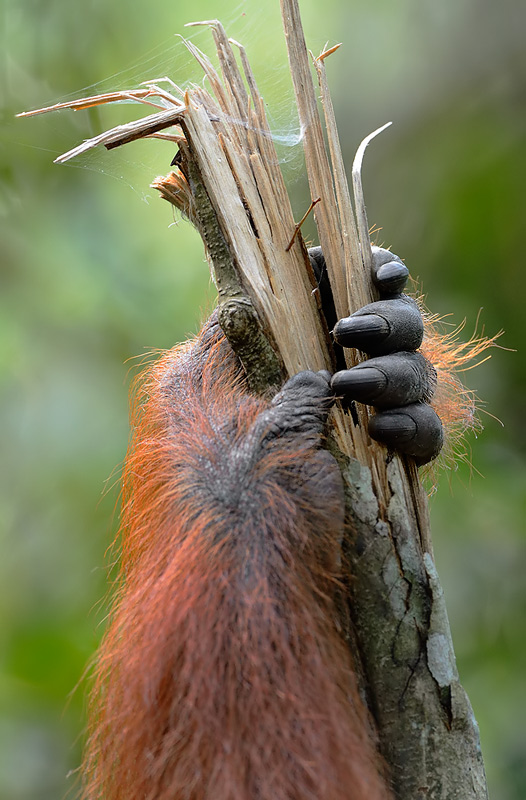
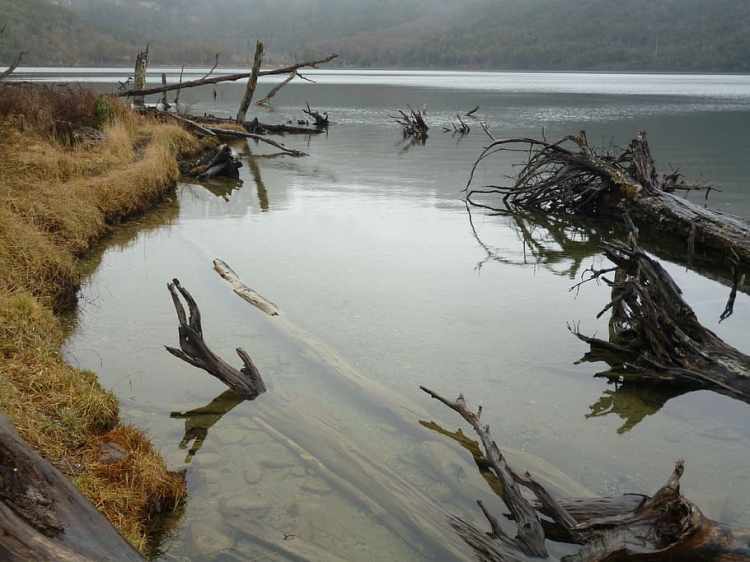
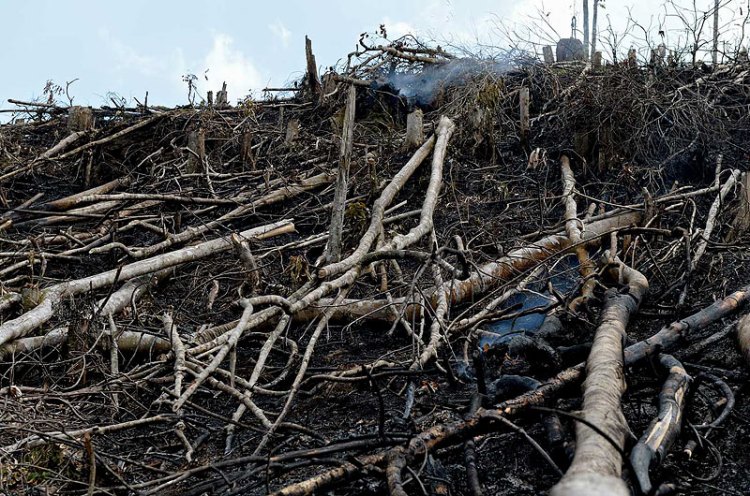
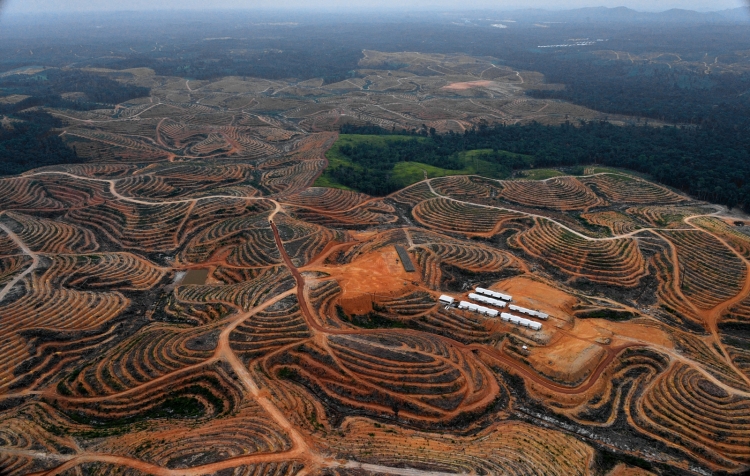
Impact of the media Simulacrum on Dayak people
Media coverage about the “goodness of palm oil” has a deep psychological impact on Dayak communities. In the news, this is where the simulation or simulacra begins to occur.
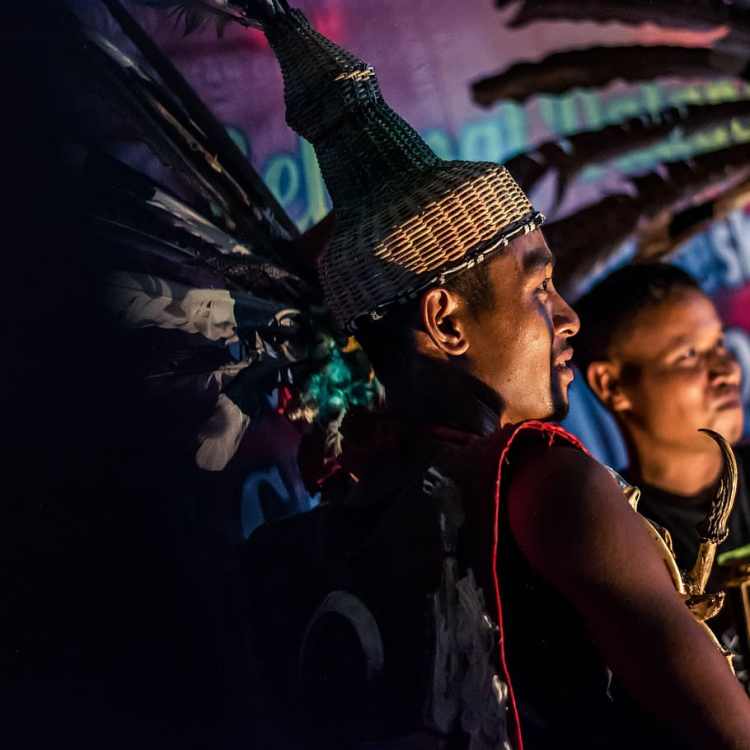
Some people cannot sort and distinguish the truth of the news content from the actual facts. Meanwhile, the village that I visited is still holding on to their traditional way of life – not to palm oil. This is the Last Village.
Dayak people in the neighbouring village tell them how they have lost their fishing resources. That now, because of the palm oil run-off and pollution there are no more fish to catch. Their roaming area has become too narrow.
They say: “Oh you are right! Keep on resisting the palm oil siege! For we are now labourers toiling for little money on our ancestral land.”
Dr Setia Budhi, Barito River, 25, July 2022
Further reading
Liu, Felicia & Ganesan, Vignaa & Smith, Thomas. (2020). Contrasting communications of sustainability science in the media coverage of palm oil agriculture on tropical peatlands in Indonesia, Malaysia and Singapore. Environmental Science & Policy. 114. 162-169. 10.1016/j.envsci.2020.07.004.
Manzo, Kate & Padfield, Rory. (2016). Palm oil not polar bears: Climate change and development in Malaysian media. Transactions of the Institute of British Geographers. 41. 10.1111/tran.12129.
Morris J. Simulacra in the Age of Social Media: Baudrillard as the Prophet of Fake
News. Journal of Communication Inquiry. 2021;45(4):319-336. doi:10.1177/0196859920977154
Anna Lowenhaupt Tsing (1998). Under the Shadows of the Queen of Diamonds: The Process of Marginalization in Isolated Communities. Indonesian Torch Foundation, Jakarta.
“The Forest is the father, land is the mother and rivers are blood
“That’s the spirituality of most Dayak people in Kalimantan. They understand the interdependent nature of everything in nature.”
~ Dr Setia Budhi : Dayak Ethnographer
Pictured: Untouched rainforest, Sumatra. Craig Jones Wildlife Photography
Here are some other ways you can help by using your wallet as a weapon and joining the #Boycott4Wildlife
Contribute to my Ko-Fi
Did you enjoy visiting this website?

Palm Oil Detectives is 100% self-funded
Palm Oil Detectives is completely self-funded by its creator. All hosting and website fees and investigations into brands are self-funded by the creator of this online movement. If you like what I am doing, you and would like me to help meet costs, please send Palm Oil Detectives a thanks on Ko-Fi.
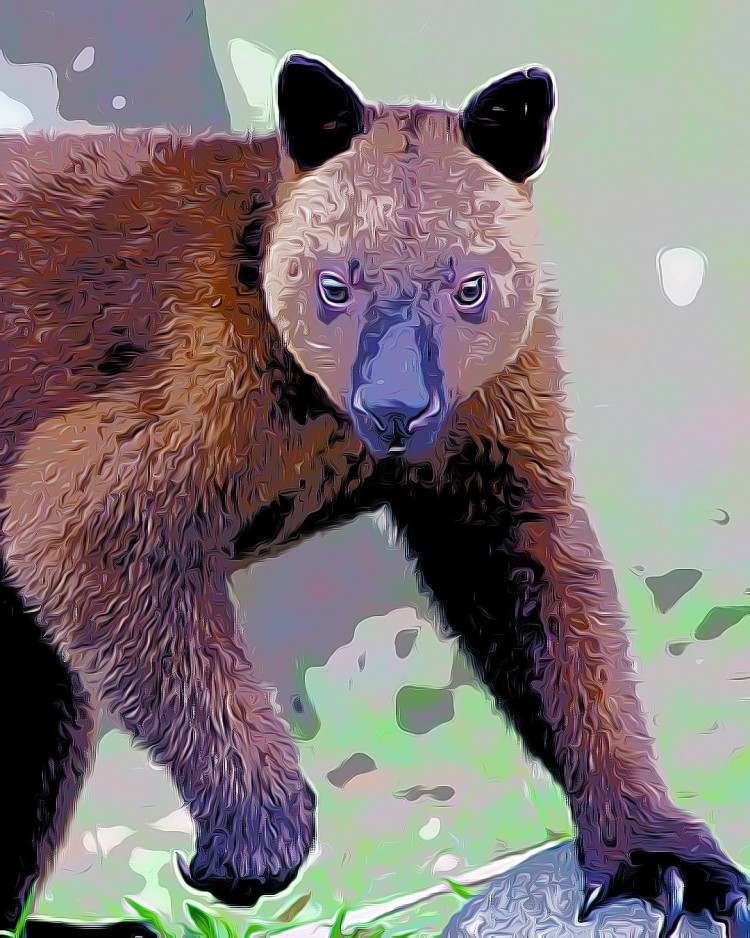
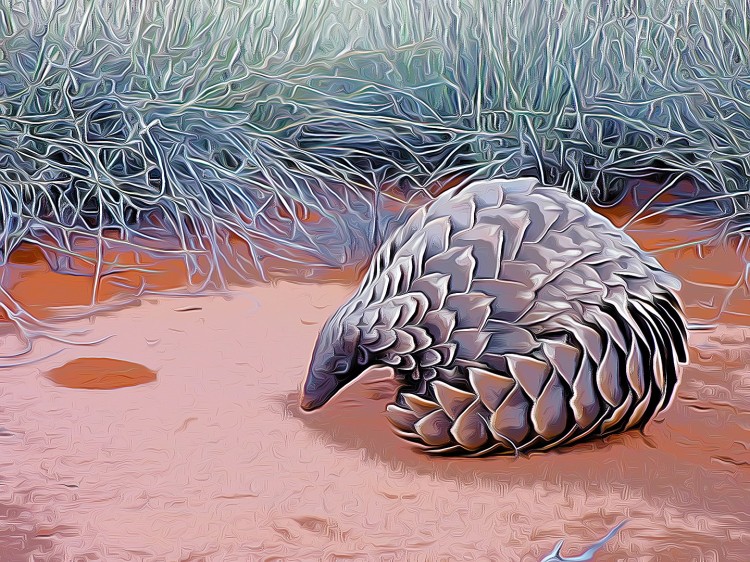
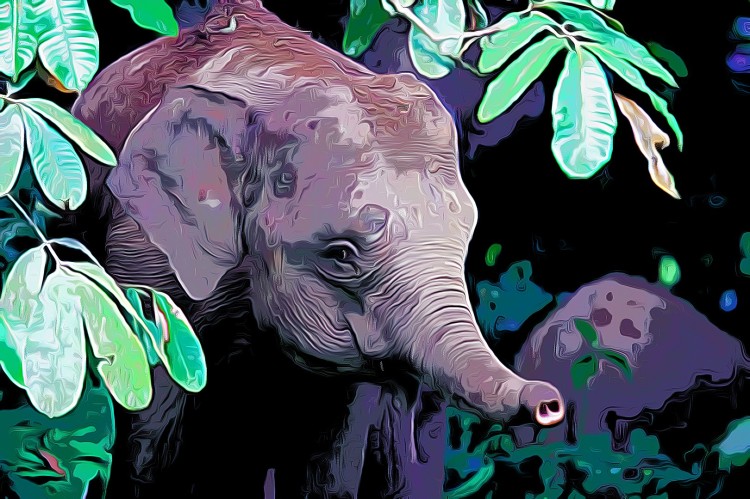
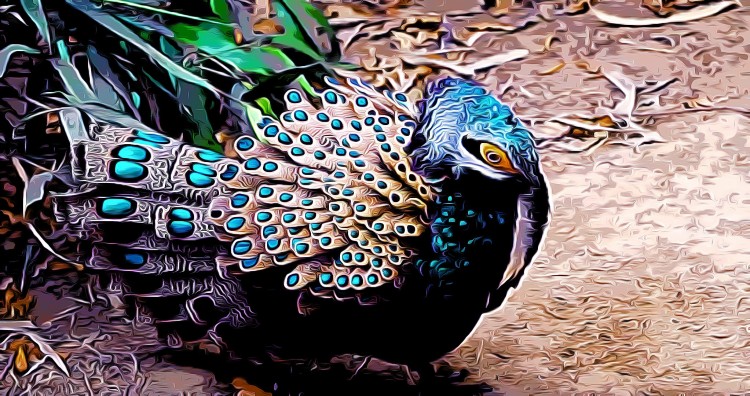
Palm Oil Detectives is 100% self-funded
Palm Oil Detectives is completely self-funded by its creator. All hosting and website fees and investigations into brands are self-funded by the creator of this online movement. If you like what I am doing, you and would like me to help meet costs, please send Palm Oil Detectives a thanks on Ko-Fi.





